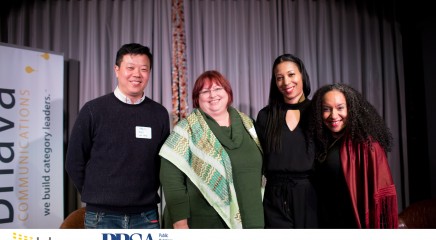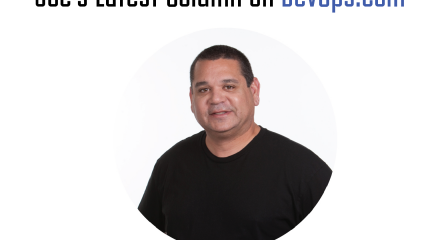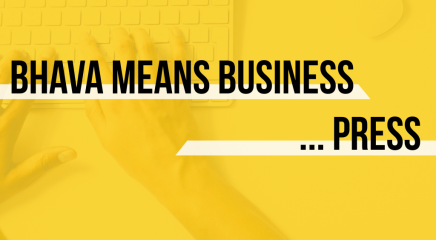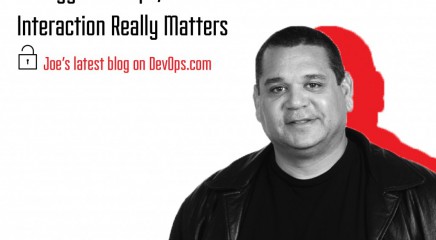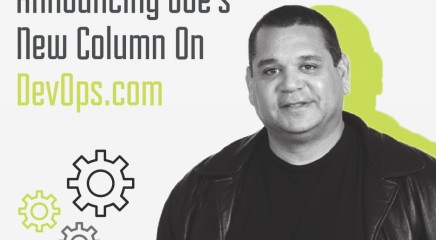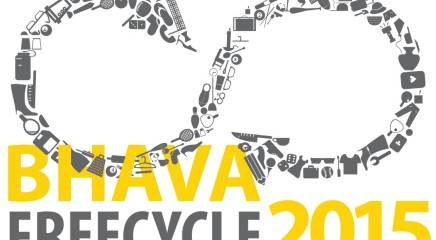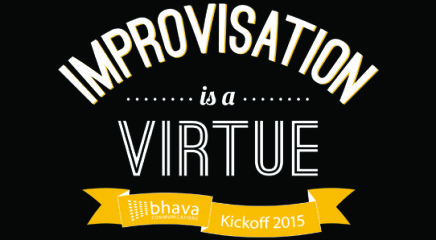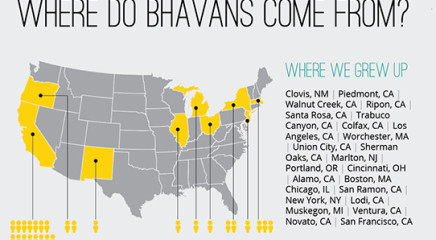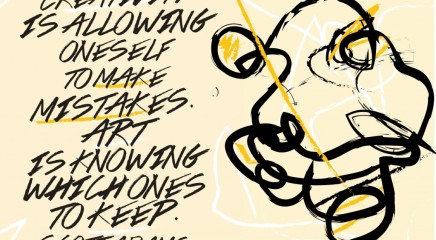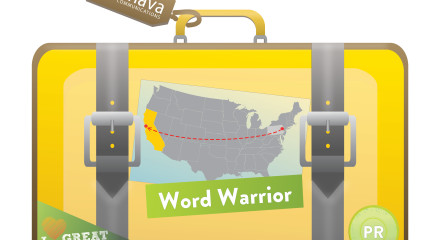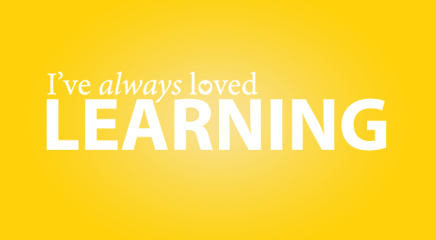The Journey to B2B Tech PR Via a Pitstop in Politics

After looking for a new gig near the end of last year, I did what anyone with three-plus years of political communications experience would do: I joined a PR agency specializing in enterprise tech. 😉 So how did I end up here?
The unorthodox professional journey that led me to Bhava began when I had the opportunity to hop aboard a presidential campaign. As a part of the “press advance team,” I was tasked with helping to organize the televised rallies that flood the airwaves—and your social media feeds (sorry!)—every four years. It was in this fast-paced world of politics I was first introduced to media relations. Drafting media alerts, playing the role of on-site media contact, and orchestrating live events and televised interviews all helped to shape my love for media engagement.
But just as all political campaigns do, it came to an end—as did the glamorous perks of living out of a suitcase and spending most nights sleeping in airline seats with little leg room. In the process, I learned something important about myself: what I wasn’t willing to give up in my search for a new job. It seems that often we only consider what new opportunities and greater responsibilities we want in a new role without considering what we aren’t comfortable leaving behind. For me, that was media relations.
So, fastforwarding through a brief stint at a comms/policy firm, and nearly a year on the road with a gubernatorial campaign, I secured a job running communications for a state legislator. As the sole communications staff member on the team, I led a range of core communications functions: drafting press releases and contributed content, running the office’s social media channels, securing coverage, and crafting talking points for public appearances.
In search of something missing
Considering the rose-colored fondness with which I look back on my experience in politics and government, why leave in favor of agency life in PR? There were a few factors in this decision, but there’s one I want to focus on: the value of collaborating with, and learning from, other communications professionals.
As the only communications staffer in my previous role, I felt not only siloed but also a bit stunted in my professional growth. As a team of one, sure, you’ll be forced to learn fast and have increased responsibilities. But eventually, without the collaboration of others, you’ll find yourself choking on your own ideas, falling into the same pitfalls based on bad reasoning or execution and eventually regurgitating the same tired, stale material.
Now as part of an agency where I’m always learning from my peers and mentors alike, each day offers the chance to brainstorm with colleagues and exchange new ideas. Benefiting from the insight of others has allowed me to better approach challenges and opportunities with a fresh perspective. There’s actually a good deal of value in finding yourself on the wrong side of a good idea. In fact, I end up there somewhat often. As someone still in a somewhat adolescent stage of his professional career, I wanted an environment in which I could learn from those who had been doing this longer and with the knowledge and experience to provide guidance when I don’t know the right course of action. Without it, I’d be throwing things against a wall in hopes that they stuck. In agency life, and at Bhava in particular, I’ve found the mentorship and camaraderie to be an invaluable asset that will prepare me for great things in the world of PR.
Finding Success in a New Work Environment
Don’t get me wrong—making a big career move isn’t without its challenges. Sometimes it’ll have you going back to the basics and you have to be comfortable with that. As you can imagine, communications in politics and government isn’t exactly a directly transferable skill set to enterprise tech.
When I first joined Bhava, every day felt like I was abroad on a foreign language immersion program. And as I sat at my desk doing my best to blend into this alien culture, I would listen to the locals as they spoke of hyper-converged this, software-defined that, and everything “as a service.” Ten months later, I may not be totally fluent in tech, but I’ve built a solid foundation. Getting up to speed in a new industry takes time, so here are a few tips:
- Be transparent with a prospective employer: Being honest and upfront about your current skills gap is key to ensuring you and your new boss have the same expectations for your competencies. If it’s a dealbreaker for a prospective employer, don’t sweat it; it was the wrong position and would have set you up for failure.
- Ask questions: Don’t be afraid to approach your new colleagues and supervisors with requests for help and clarification. They already know you’re new and will expect nothing less. In fact, if you don’t have questions, you’re likely doing something—or many somethings—wrong.
- Read, read, and read some more: With any available time you have on your calendar, spend it reading relevant articles to flood your brain. The first time I read unfamiliar text with foreign terminology, only about 10 percent sticks. So bookmark it for later, contemplate it for awhile and then read it again! (Wash, rinse, repeat!)
Making a big leap outside your comfort zone can be nerve-wracking, but often it can be the right career move. Thus far, that’s been true for me and I’m grateful to Bhava for its openness to “nontraditional” candidates such as myself.








